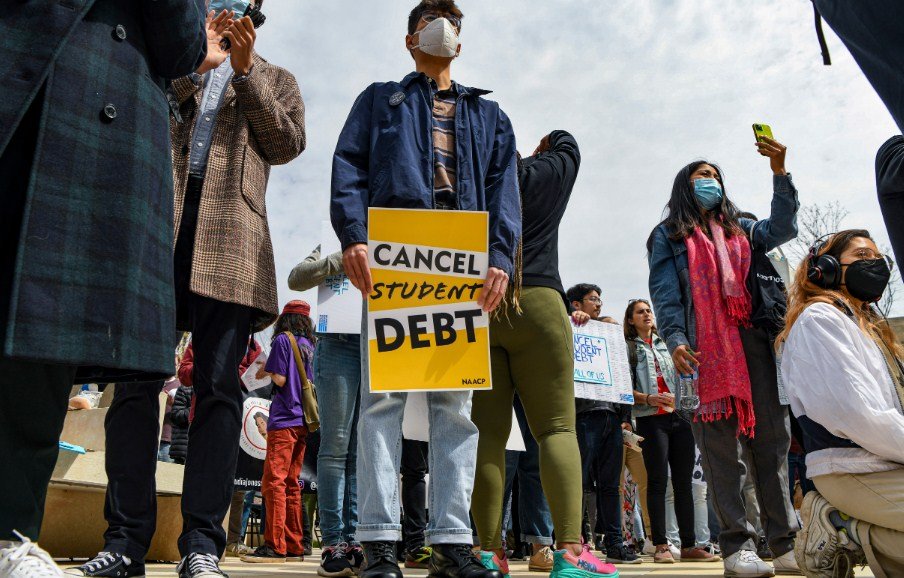A new pilot program launched by the Community Foundation for Greater Atlanta aims to help borrowers in specific neighborhoods of metro Atlanta pay off their student loan debt. The program, called the Student Loan Debt Pilot, will provide “reverse scholarships” of up to $30,000 to eligible applicants who live in South Cobb’s Fair Oaks neighborhood, College Park, East Point and Atlanta’s Thomasville neighborhood.
How the Program Works
The Student Loan Debt Pilot is a $300,000 initiative that will start in the 2023-2024 academic year. The program is funded by donations from the Community Foundation and its partners. The program will select up to 15 borrowers who have outstanding student loans of no more than $30,000 and an annual income of less than $150,000. The borrowers must also be longtime residents of the targeted neighborhoods and have been active in their communities.
The program will pay off the entire student loan balance of the selected borrowers, regardless of whether they have completed their degrees or not. The program will also provide financial counseling and education to the borrowers to help them manage their finances and plan for their future.
The program is designed to address the impact of student loan debt on marginalized communities, who borrow at higher rates than white communities and face greater challenges in repaying their loans. Student loan debt contributes to the racial wealth gap and has long-term implications for financial, physical and mental health.
Why the Program is Needed
Student loan debt is a major issue in the United States, affecting about 45 million Americans who collectively owe an estimated $1.75 trillion. In Georgia, the average student loan debt is $40,268.87, higher than the national average. Georgians owe $66 billion in student loans.
Student loan debt can limit the opportunities and choices of borrowers, such as buying a home, starting a business, saving for retirement or pursuing further education. Student loan debt can also cause stress, anxiety and depression among borrowers, affecting their well-being and productivity.
The burden of student loan debt is especially heavy for Black, Indigenous and other students of color, first-generation college students and those from low-income families. These groups tend to borrow more, default more and repay less than white students. They also face systemic barriers such as discrimination, lower wages and fewer assets that make it harder for them to pay off their loans.
The Student Loan Debt Pilot program aims to alleviate some of the pressure and hardship caused by student loan debt for borrowers in metro Atlanta, where economic inequality is high and sharp. The program targets specific neighborhoods where residents have lower incomes, lower educational attainment and lower homeownership rates than the metro average.
The program also hopes to inspire other donors and organizations to support similar initiatives that can help more people get out of student loan debt and achieve financial stability and security.
How to Apply for the Program
The application for the Student Loan Debt Pilot program is open until September 15, 2023. Applicants must submit an online form that includes personal information, financial information, community involvement and a personal statement. Applicants must also provide proof of residency, income and student loan balance.
The Community Foundation will review the applications and select the recipients based on their eligibility criteria and their potential impact on their communities. The recipients will be notified by October 15, 2023 and will receive their payments by November 15, 2023.
The recipients will be required to participate in financial counseling sessions provided by the Community Foundation and its partners. They will also be asked to share their stories and experiences with the program and its donors.
The Community Foundation plans to evaluate the outcomes and impacts of the program after one year and use the findings to improve and expand the program in the future.
For more information about the Student Loan Debt Pilot program and how to apply, visit the Community Foundation’s website.

